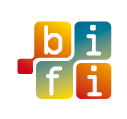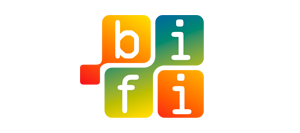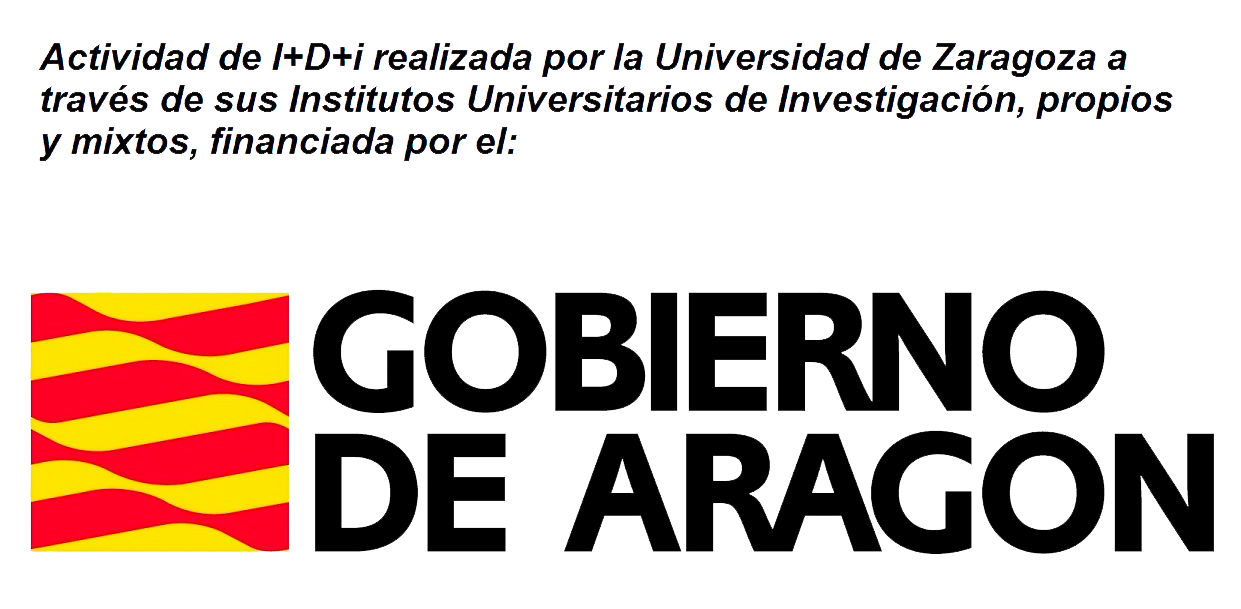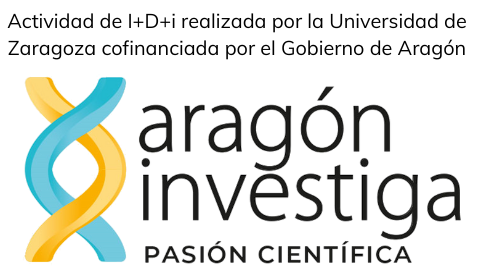Ignacio Guillén Galve
Centre: Facultad de Filosofía y Letras
Institution: University of Zaragoza, Zaragoza (Spain)
Position: Researcher from the University of Zaragoza
E-mail: iguillen@unizar.es
Phone: 8842238
Profile: Ver
Personal statement
My research activity has focused for 30 years on the field of applied English linguistics and in particular on communication in academic settings in English as a foreign language and lingua franca (EFL and ELF). My doctoral thesis, defended in 2001, dealt with the use of the so-called “grammatical metaphor” in written medical English, that is, on the incidence and effects of the use of nominalization and other grammatical reformulation processes used in original articles and case reports published in specialized medical journals, as well as in popular texts (press and general science journals) of the findings and recommendations contained therein. At the same time, being a Senior Lecturer at the University of Zaragoza (UZ) in English Grammar and Phonetics since 2003 led me to the field of communication pragmatics (the world of non-literal meaning and the ordering and processing of information), which allowed me to teach and continue researching communicative strategies in the English language (EFL and ELF) in academic environments of STEM disciplines. Over the years, I have come to realise that research and teaching in the field of English for Specific Purposes (ESP) had focused almost exclusively on written language, so, as I am also a Professor of English Phonetics (which includes the study of the pronunciation of English as a foreign language and as a lingua franca), I began to take an interest in spoken academic English, especially because since 2014, I have taught the oral genres module (presentations at conferences, doctoral thesis defences, etc.) for doctoral students in STEM areas in the Academic English Cross-curricular Activity of the UZ Doctoral School. Apart from this and other direct experiences with users, the most relevant experience that has led me to the line of digital science is having been part of the research team of competitive National Projects since 2010 that have arrived there after starting their journey precisely by investigating (FFI2009-09792) generic integrity in academic and professional communication, that is, genres and their correlation with discursive practices and with the culture of different professional communities, going through (FFI2012-37346) the study of English as a lingua franca in specialized discourses and through (FFI2015-68638-R) the analysis of the dynamics of local, transnational and international scientific communication, to currently culminate (PID2019-105655RB-I00) in digital genres and open science, with the analysis of processes of hybridization, innovation and generic interdiscursivity. Given this trajectory, together with the fact that since the end of 2022 we have been part of the Iberus Action Group “Digital Science: Sustainable, Transformative & Transversal – D_SCI”, joining the BIFI digital science line was the most natural and logical thing to do.
Research profile identity
I am currently an R4 researcher. I am currently researching within the Digital Science line at BIFI because my recent career has focused on studying how scientific knowledge is communicated in academic and professional situations, including the Internet, to both specialized audiences and the general public. Therefore, my research contributes to being able to assess, from a multidisciplinary approach, whether digital science, especially when it is presented as ‘open’ (Open Science), is sustainable, transformative and transversal, both at the present time and in the long term. To do so, the repertoire of texts, modes and media, digital or more conventional, that are used to communicate science must first be described, paying special attention to the variables of ‘gender’ and ‘language(s) of communication’. With this aim in mind, my research aims to cement the teaching of spoken academic English for multilingual PhD students and junior researchers from STEM environments and also of English pronunciation for university lecturers in EMI (English as a Medium of Instruction) environments, where I contribute proven research on ethnomethodology in the study and development of written and oral academic production in English as a foreign language or as a lingua franca; for example, through the analysis of the use of prosody in new research genres such as Video Methods Articles or the needs analysis and competency profiling in academic communication of young scientists.
Why my research is important
If English is accepted as one of the main languages used by the international scientific community as a lingua franca, my research is relevant because it describes the language, modes and means that, to give an example of a specific use environment, national meteorological agencies in English-speaking countries would use to communicate and disseminate meteorological science through their portals and websites, which increasingly include tabs on Research, Science and/or Education, aimed at explaining to society at large everything from how a weather forecast is made to addressing the reasons for climate change. At the level of spoken language, another example would be the genre of Video Methods Articles, where it is important to know how English pronunciation is used, at a prosodic level, now that new science publications such as the video journal JoVE give direct voice to researchers in explaining the scientific methods and methodologies that support their findings. We need to generate knowledge about whether digital science sites adapt the scientific record in English to the general public in an effective way for dissemination (a site like jamanetwork.com/ incorporates everything from the traditional journal, the famous JAMA, to podcasts and videos), whether they include interactive elements capable of carrying out citizen science, or whether the direct incorporation of the author’s voice in a language of which he or she is not a native speaker into the explanation of science favors or hinders scientific communication. All this knowledge can then be applied in environments for teaching English for STEM purposes.
Know more about me and my research
– https://bifi.es/es/computacion/
– https://genci.unizar.es/












